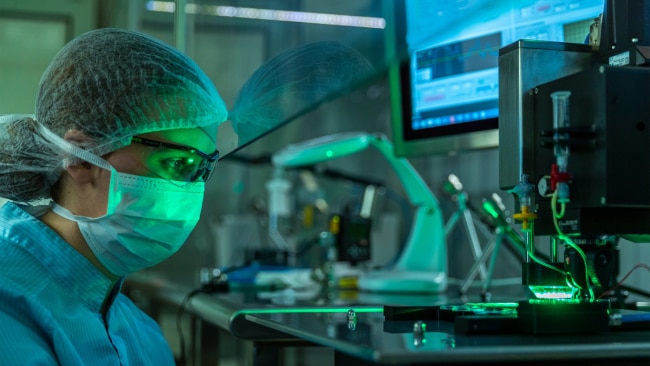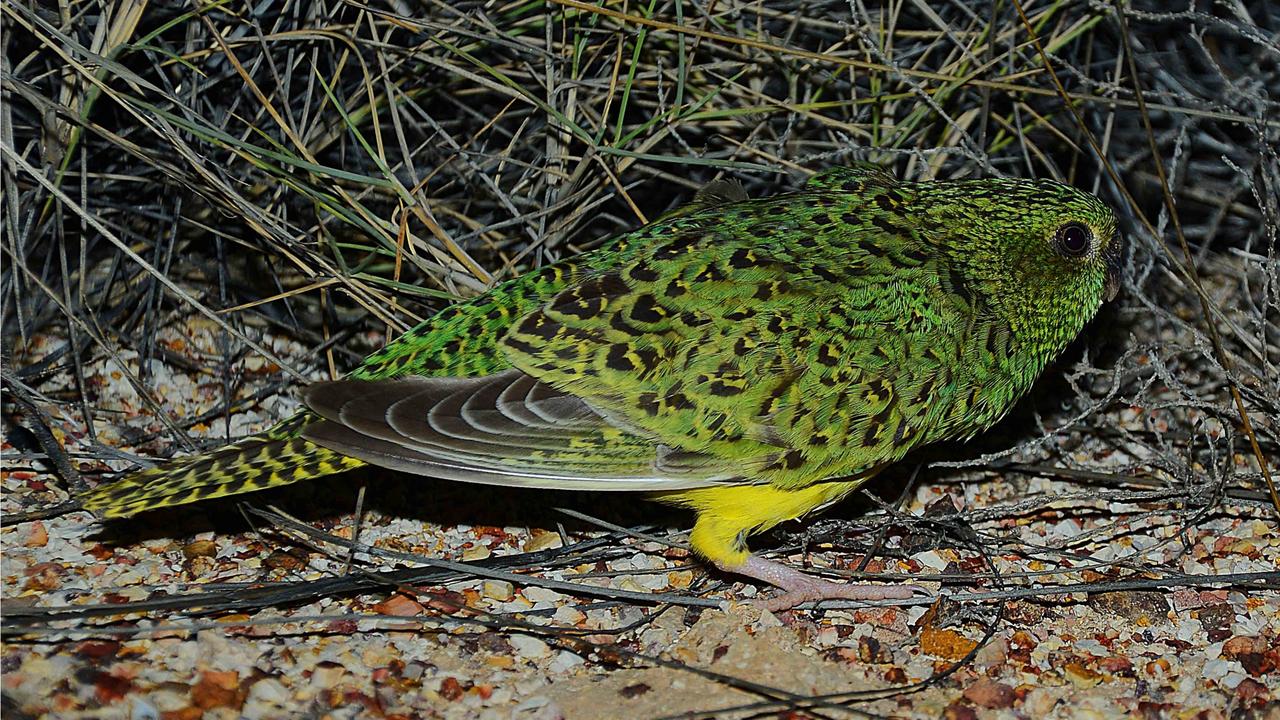No-go scaremongers 'fishing for funds'
RELENTLESS anti-fishing campaigns have misled consumers about the good health of Australian fish stocks.

RELENTLESS anti-fishing campaigns have misled consumers about the good health of Australian fish stocks, a leading US marine scientist said yesterday.
Ray Hilborn is a hired gun for a fishing industry feeling the heat from demands for no-go marine parks and consumer advice scorecards that show which fish not to eat. He is also an acknowledged world expert on global fish stocks. And when it comes to catching fish and what's good for the plate, Dr Hilborn and environmental groups such as Australian Marine Conservatory are oceans apart.
Dr Hilborn is most interested in feeding the world sustainably. Ethical fishing guides, such as the one produced by AMC, are more focused on saving the planet rather than individual fish.
Dr Hilborn says that, with 70 per cent of Australia's seafood imported, the real impact of campaigners is to boost fishing in countries where it may be less sustainable than in Australia.
According to Sydney Seafood Market managing director Grahame Turk, Australia catches about 240,000 tonnes of fish and exports 40,000 tonnes of high-value product. This offsets the cost of importing 400,000 tonnes of tinned tuna and fish fillets.
Dr Hilborn said environmental groups were out of touch with global developments and in denial that Australia's fisheries were among the best managed in the world.
"Australia is subject to a relentless anti-fishing campaign that is causing doom-and-gloom myths from misrepresentations of overseas examples of inadequate fisheries management," he said. "I believe NGOs need the public to believe fisheries are in poor shape to boost their fundraising."
Dr Hilborn became involved in global fish stocks in 2006 when a paper was published that argued all fish stocks would collapse by 2048. He worked with the lead author to put out a paper in 2009 in Science that concluded that, for places where there was good data, fish stocks were not declining but were stable or rebuilding.
Fremantle trawler skipper Wade Hunter is proud to work for a boutique fishing company recognised last October as the best seafood producer in Australia. The company's trawling operations are considered sustainable by the West Australian Department of Fisheries, but his boss, One Sea director Clayton Nelson, said it would be wiped out by a marine reserve proposed over large tracts of its licence area.
"To me, it is important to know I'm part of something that's sustainable," Mr Hunter said.
Additional reporting: Paige Taylor


